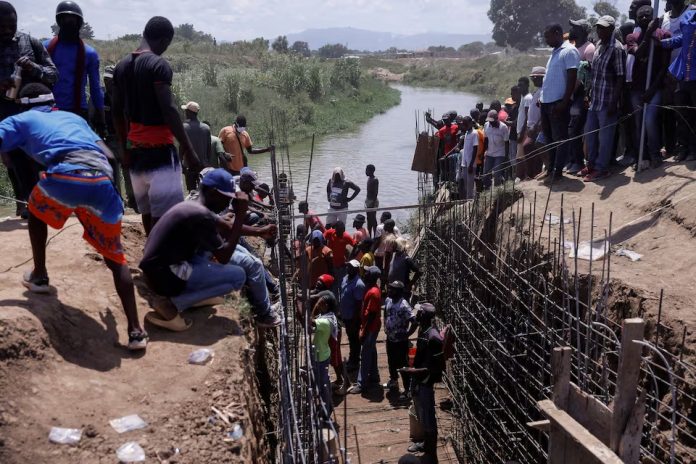By Martine St. Hilaire
Haiti’s irrigation canal project, known as Kanal La, is more than just a system of waterways. It’s a beacon of hope and progress for the nation. This article traces the evolution of Kanal La from its inception to its transformative impact on Haitian agriculture and communities.
Located in the heart of the Caribbean, Haiti is engaged in a relentless battle for access to clean water. This struggle is emblematic of a broader global issue, but in Haiti, it takes on unique dimensions shaped by historical, social, and environmental factors. Haiti’s fight for water security is a multifaceted story of resilience, innovation, and the urgent need for sustainable solutions. This is why the Kanal La project is critical to the nation.
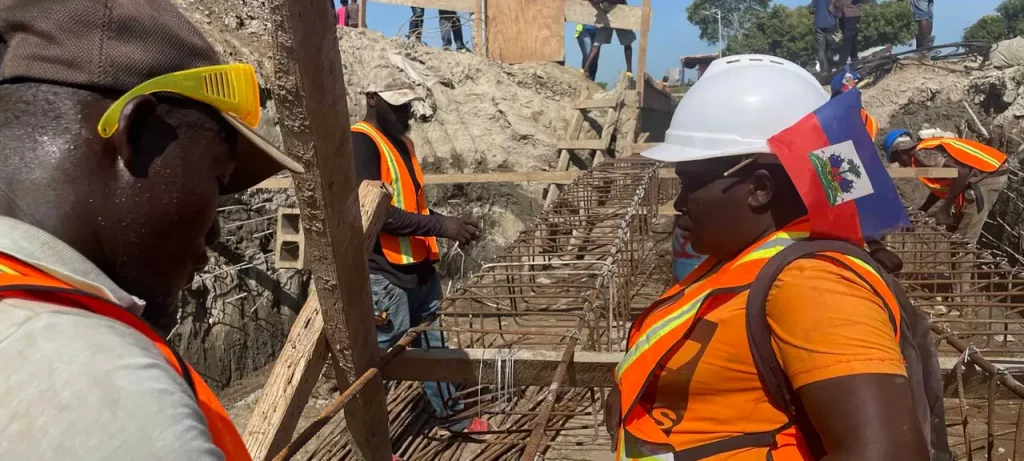
Historical Context
Before Kanal La, Haiti struggled with inadequate irrigation infrastructure that hindered agricultural productivity and perpetuated food insecurity. Visionaries within the Haitian government and international development agencies conceived the idea of a comprehensive irrigation canal system to address water management challenges and stimulate rural development.
Haitians view the canal as a source of food autonomy and national sovereignty, but their Dominican neighbors say the canal will divert water away from their land. The highly controversial canal is the latest chapter in the two Caribbean countries’ long, complex, and often strained relationship, which is largely drawn along racial lines and reflects the countries’ different experiences of independence.
Planning and Implementation (2010-2015)
The Kanal La project started with funding from international donors and technical expertise from various partners, including NGOs and engineering firms. Surveys, feasibility studies, and community consultations identified optimal canal routes, assessed environmental impacts, and ensured local buy-in.
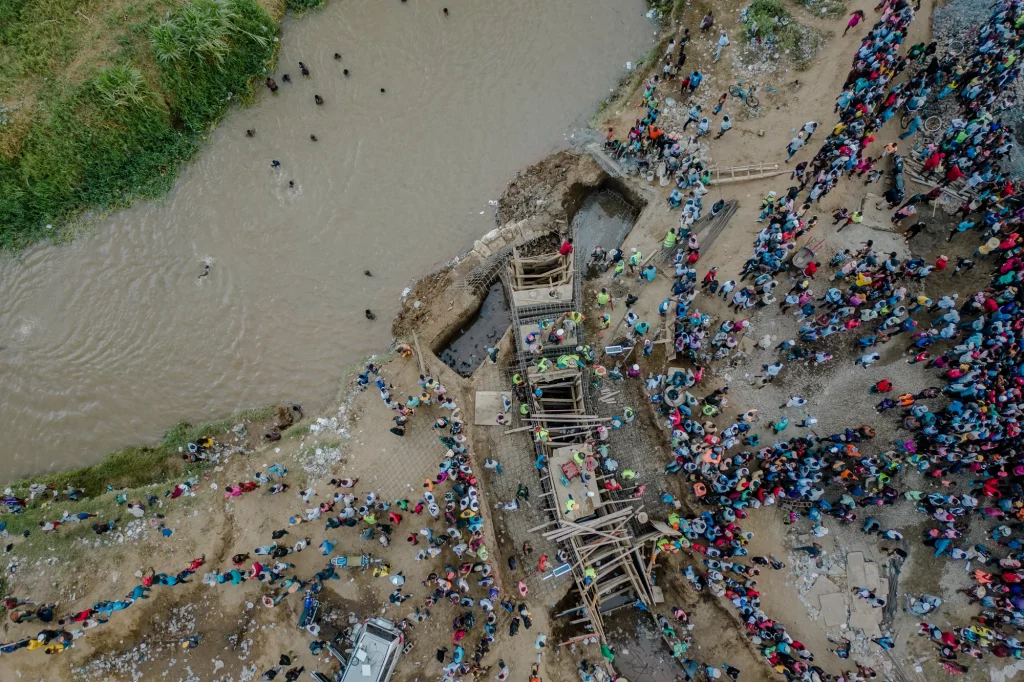
Construction Phase (2016-2019)
Groundbreaking ceremonies marked the official commencement of Kanal La’s construction, symbolizing a new era of agricultural development in Haiti. Despite logistical hurdles, including terrain obstacles and funding delays, construction progressed steadily, employing local labor and empowering communities along the canal’s route.
Rise in Popularity (2020-2022)
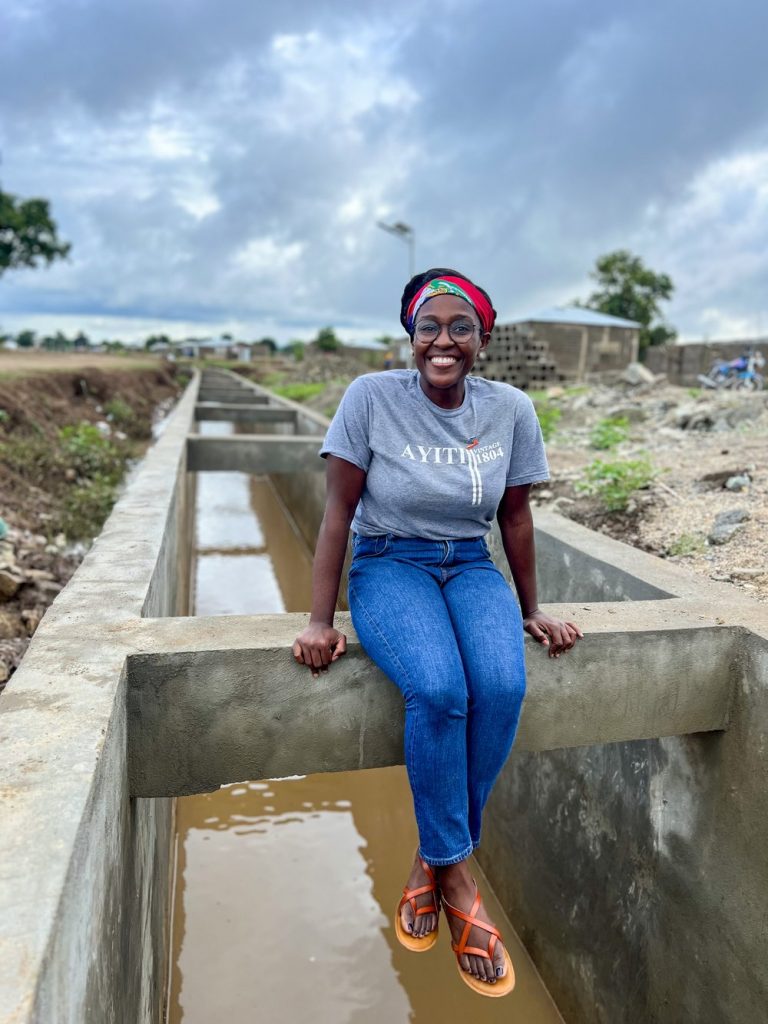
Through grassroots outreach, social media campaigns, and collaboration with local community organizations, Kanal La began to gain traction among Haitian audiences, earning a reputation for its unbiased reports and dedication to truth-telling.
Religious leaders, political leaders, artists, unions, diaspora groups, and Haitians in general have donated over $10,000 for construction materials, provided food for the canal builders, and organized fundraisers. Many average citizens, politicians, and celebrities have visited the construction site. Typically, on Sunday evenings, crowds gather to enjoy live music from popular musicians.
Challenges and Resilience (2023)
Kanal La remains steadfast in its mission. Even though it still faces maintenance issues, water distribution disputes, and challenges related to climate variability. Stakeholders collaborate to create innovative solutions, including community-led maintenance programs, water user associations, and climate-resilient agriculture practices.
Social Impacts
The burden of water scarcity falls disproportionately on Haiti’s most vulnerable populations, including women and children. In rural areas, women often bear the responsibility of collecting water, a task that consumes valuable time and energy and limits their opportunities for education and economic participation.
Crucially, Kanal La recognizes the importance of community participation in achieving water security. By involving residents in decision-making processes and providing training in sustainable water management practices, the initiative fosters a sense of ownership and empowerment among Haitian communities. This bottom-up approach not only strengthens people’s resilience to future challenges but also fosters social cohesion and solidarity.
Challenges and Opportunities
Despite its ambitious goals, Kanal La faces myriad challenges. Limited funding, bureaucratic hurdles, and political instability threaten to derail progress at every turn. Moreover, changing weather patterns and the looming specter of climate change pose additional threats to water security in Haiti. Yet, amidst these challenges, there are also opportunities for innovation and collaboration.
The Way Forward
As Haiti continues its fight for water security, the path forward must be guided by principles of sustainability, equity, and resilience. Investments in infrastructure must be accompanied by efforts to address the root causes of vulnerability, including poverty, inequality, and environmental degradation.

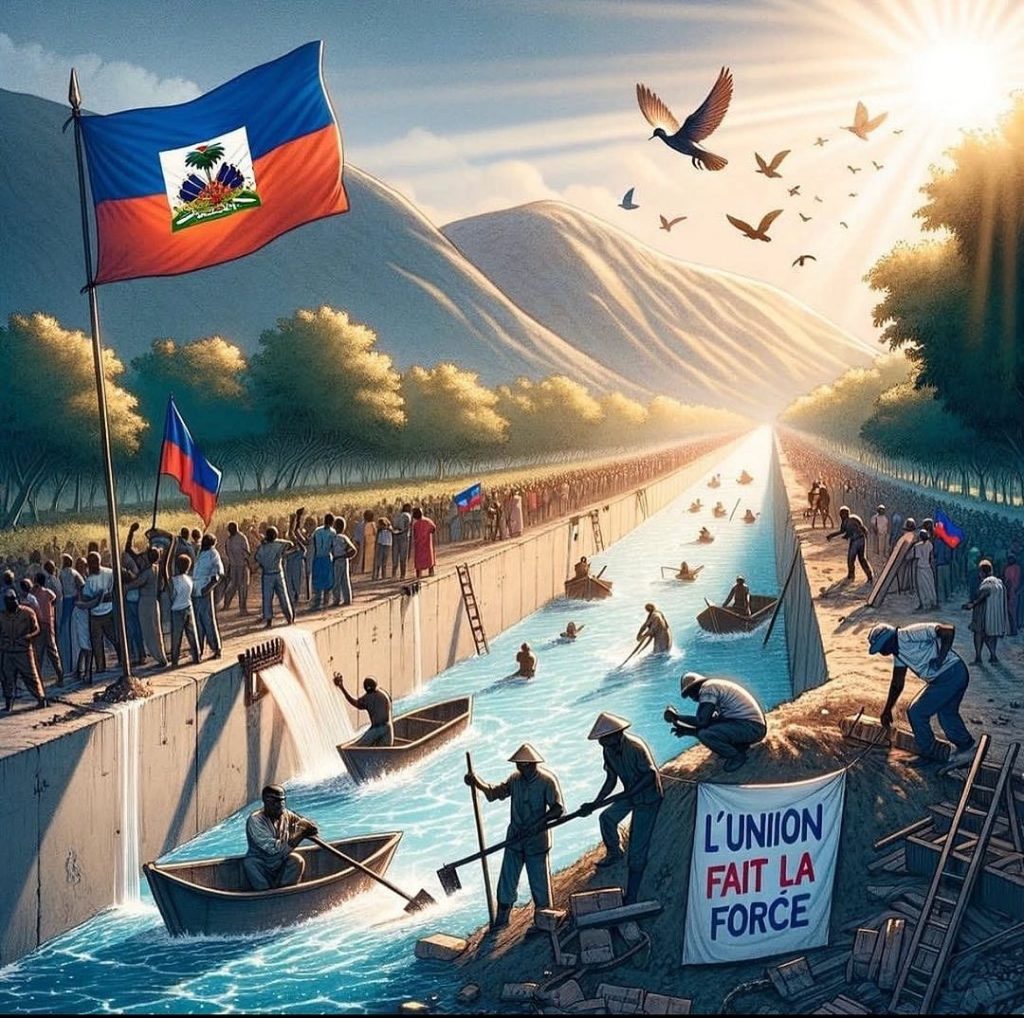
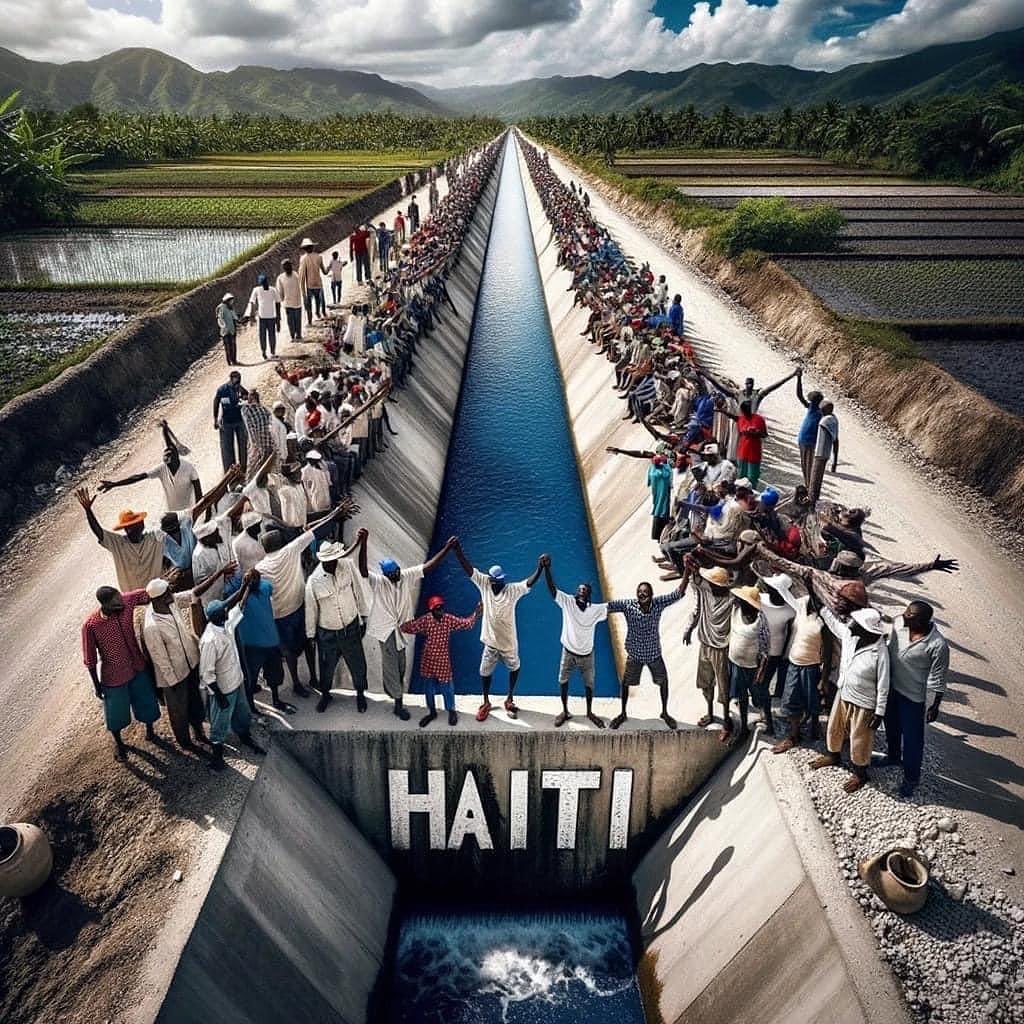
From its humble beginnings as a vision for progress to its realization as a vital lifeline for Haitian agriculture, Kanal La exemplifies the power of collective action and perseverance in overcoming adversity. As Haiti navigates the complexities of development, Kanal La stands as a testament to what is possible when communities, governments, and international partners unite in pursuit of a common goal: a more prosperous and resilient Haiti for generations to come.

